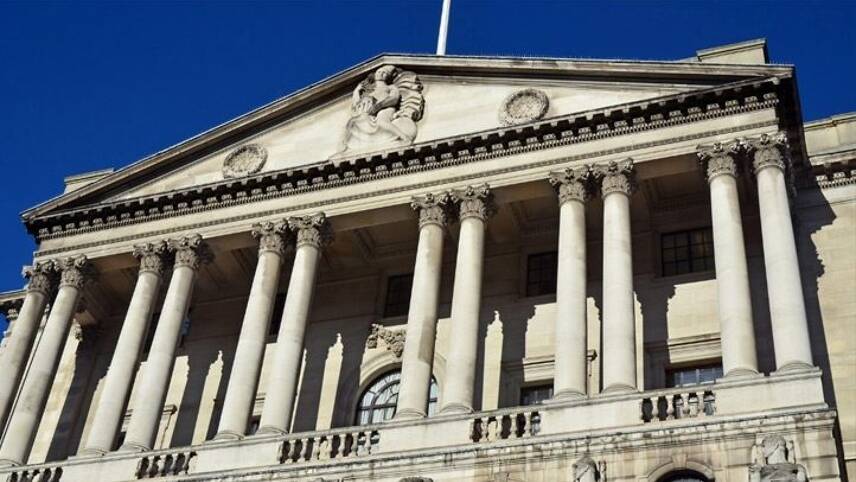Register for free and continue reading
Join our growing army of changemakers and get unlimited access to our premium content

The bank doubled its corporate bond programme in response to Covid-19. Image: George Rex
The EAC has written to Governor of the Bank of England, Andrew Bailey, as a follow up to its evidence gathering as part of its ‘Greening the post-COVID recovery’ inquiry. The inquiry found that the Bank of England’s corporate bond purchasing was not aligned with the Paris Agreement.
The EAC has written to the Bank, warning that a failure to align its financing models with a low-carbon trajectory could undermine diplomatic efforts in the build-up to COP26 later this year.
The EAC’s chairman Rt Hon Philip Dunne MP, said: “We are at a crunch point not only to mitigate the effects of climate change, but to rescue vast swathes of the economy from the impacts of successive lockdowns due to coronavirus. It makes sense to tackle both together, offering a ‘reset button’ to design an economy fit for net-zero Britain.
“I have written to the Governor of the Bank of England encouraging the Bank to take two further steps in supporting the green recovery. It has a moral responsibility to align its corporate bond purchasing programme with the goals of the Paris Agreement; and it should require companies receiving millions of pounds of taxpayers’ money to publish climate-related financial disclosures.”
In August last year, Greenpeace and other climate campaigners accused the Bank of England of backsliding on its green finance commitments, calling on it to stop providing extensive support to high-carbon sectors as part of its Covid-19 recovery process.
The Bank’s Monetary Policy Report confirmed that the Bank has been offering – and will continue to offer – support packages to large companies without environmental conditions. They also make no direct reference to climate change. This is misaligned with what Bank of England governor Andrew Bailey promised the Government in early 2020. He told MPs that the Bank would strive to prioritise low-carbon finance and to align its bond-buying programme with the Paris Agreement.
A recent analysis by the New Economics Foundation concluded that the Bank’s Corporate Bond Purchase Programme has invested £11.4bn of its total £20bn in energy-intensive and high-emitting sectors, such as fossil fuels and transport. Pre-pandemic, the Programme stood at £10bn. It was doubled in a bid to help the economy cover after the biggest contraction in modern history.
The Bank of England’s has admitted that its current Bond Purchase Programme approach has resulted in a portfolio which is misaligned with the Paris Agreement. Its 2020 climate-related financial disclosure report concludes that the Bank’s activities are consistent with a 3.5C trajectory.
Greenpeace claimed that the highest-carbon sectors in the UK only account for 13.8% of employment and 19% of gross added value. Analysis by McKinsey has, similarly, shown that $10m of investment in fossil fuels would create just 27 jobs, compared to 77 and 75 respectively for the same level of investment in energy efficiency and renewable energy.
The EAC has called on the bank to require large companies receiving taxpayer support via its Covid Corporate Financing Facility (CCFF) to publish climate-related financial disclosures in alignment with the recommendations of the Taskforce on Climate-related Disclosures (TCFD).
Matt Mace


Please login or Register to leave a comment.